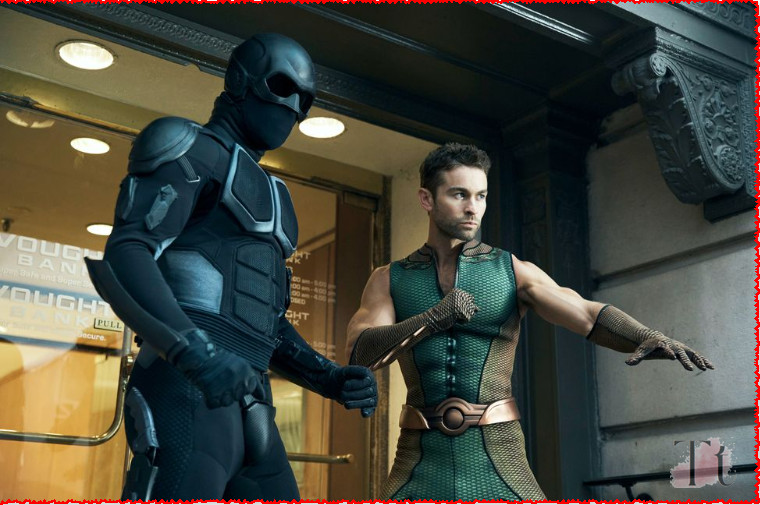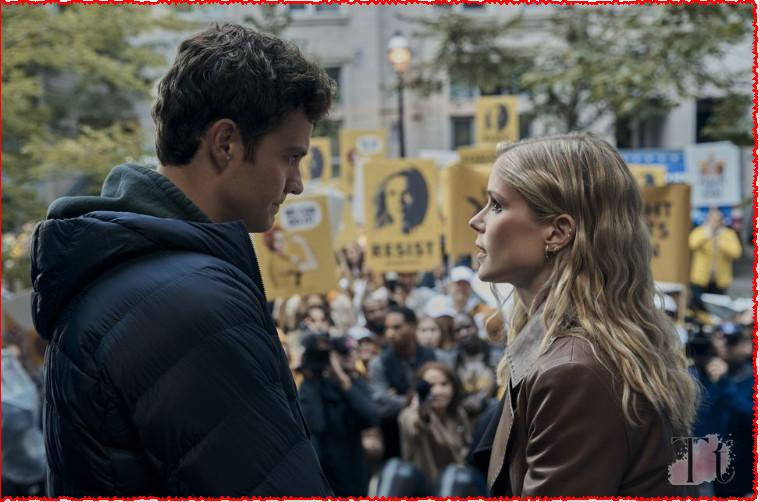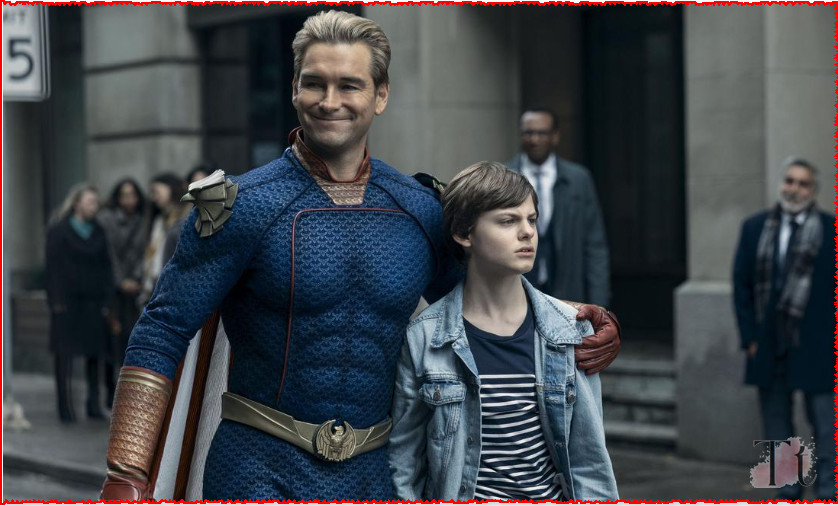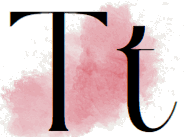As the superhero genre teeters on the brink of self-parody, “The Boys” remains audaciously relevant, skewering not only its caped contemporaries but the society that consumes them. The year has been fairly devoid of comic book cinema now that superhero fatigue seems to have chronically set in. While the genre is still beleaguered by formulaic plots and diminishing returns, Prime Video’s fourth season of “The Boys” continues to disgust and disturb with unabashed gusto, serving up a razor-sharp antidote to prosaic supe storytelling.

Having established its super-saturated universe with its previous seasons, and a spinoff at Godolkin University last year, Season 4 wastes no time diving into the rancid morass of its characters’ psyches, with a slower more contemplative approach. Homelander, still terrifyingly portrayed by Antony Starr, grapples with an existential crisis as he scrutinizes a single golden pubic hair with aghast. Starr’s portrayal captures the essence of a god grappling with his own mortality, his manic episodes punctuated by moments of eerie calm (think Squidward crippled by the monotony of Tentacle Acres).
With his power more unchecked than ever before, Homelander seems simultaneously self-assured and deeply insecure about the sycophancy surrounding him. This dichotomy is embodied in his obsessive need to control everything around him, including his own son, in a desperate attempt to cement a legacy that will outlast his own fading supremacy. This fixation on his legacy and creeping mortality adds a fascinating new layer to one of television’s most terrifying villains, making his descent into madness all the more menacing.
Table of Contents
Fresh faces in the Seven like Sister Sage (Susan Heyward) and Firecracker (Valorie Curry) add dangerous spice to the already potent mix. Touted as the world’s smartest person, Sister Sage becomes a conniving player in Homelander’s machinations, while Firecracker, an alt-right conspiracy peddler, feels like a character ripped from today’s headlines and exaggerated to revolting extremes. The Boys themselves are in fine form. Frenchie (Tomer Capone) gets a beefier (albeit rather tedious) sub-plot, navigating a complicated relationship, and Kimiko (Karen Fukuhara) decides that the only way to come to terms with her past is to kill it.
Hughie (Jack Quaid) and Mother’s Milk (Laz Alonso) wrestle with their own personal struggles, while Butcher (Karl Urban) displays unexpected depth fueled by a terminal diagnosis, balancing his ruthless vengeance with a reluctant paternal instinct. While they feel more filler than usual, these arcs provide a rough emotional backbone that grounds the season amidst its latest batch of outlandish antics.
With an election year setting for an election year release, “The Boys” continues to wield satire with a gut-busting (quite literally) abandon, holding up a cracked mirror to the contemporary American political landscape. Homelander channels the narcissism of authoritarian bullies in power, his orange undies and populist bluster a not-so-subtle nod to a freshly convicted tangerine tyrant. Vought International, the show’s sprawling, corrupt conglomerate parodies the insidious influence of big business in politics, turning corporate malfeasance into a twisted art form.

By dialing these elements up to grotesque extremes the series offers a biting commentary on the fragile state of democracy and the insidious nature of power in the 21st century with unnerving accuracy.
Of course, it wouldn’t be “The Boys” without its signature hyperviolence and depravity. So far, we’ve already had the pleasure of witnessing a few standard procedure Homelander laserings, a couple of faces being pulverized beyond recognition, and some auto-erotic Human Centipede. Oh, and The Deep is still at it with the octopus.
Despite its pointed statements testing the limits of human nature and societal decay, the series retains its cynical sense of optimism. Where the moral didacticisms of superhero franchises are either imploding or stagnating, “The Boys” seems to stand defiantly tall, its blood-soaked cape flapping in the wind, all while making us laugh, gag and wince at the absurdity of its own diabolical existence.
Breaking Down the Characters
Homelander’s Internal Struggle
One of the central themes of Season 4 is Homelander’s grappling with his existential crisis. Antony Starr delivers a haunting performance, capturing the internal conflict of a god-like figure coming to terms with his own vulnerabilities. The scene where Homelander obsessively examines a single golden pubic hair is emblematic of his deep-seated fears about mortality and legacy.
Starr portrays a character who is both terrifyingly powerful and pathetically insecure, a dichotomy that drives much of the season’s tension. His need to control his environment, including his son, reflects a desperate attempt to leave a lasting impact in a world that may soon move beyond him.
New Additions: Sister Sage and Firecracker
The introduction of new characters like Sister Sage and Firecracker brings fresh dynamics to the show. Sister Sage, played by Susan Heyward, is depicted as the world’s smartest person, adding a layer of intellectual menace to Homelander’s schemes. Her manipulative nature and strategic brilliance make her a formidable player in the game of power that defines “The Boys”.
On the other hand, Firecracker, portrayed by Valorie Curry, represents the extreme fringes of contemporary political discourse. Her character is an alt-right conspiracy theorist, a direct reflection of modern-day radicalism, exaggerated to the point of grotesque parody. These new characters add complexity and danger to the already volatile mix of personalities in the show.
The Boys’ Personal Struggles
The core group of “The Boys” also undergoes significant development in this season. Frenchie’s subplot, while somewhat tedious, adds depth to his character as he navigates a complicated relationship. Kimiko’s decision to confront her past by killing it showcases her inner turmoil and quest for redemption. Hughie and Mother’s Milk continue to wrestle with their personal demons, adding emotional weight to their respective arcs.
Butcher’s storyline, fueled by a terminal diagnosis, brings a surprising depth to his character. His ruthless pursuit of vengeance is tempered by moments of reluctant paternal instinct, creating a multifaceted portrayal that enhances the season’s narrative complexity.
Satire and Political Commentary
“The Boys” Season 4 is particularly notable for its satirical take on contemporary politics. The show’s election year setting allows it to draw parallels between its fictional world and real-world events. Homelander’s character, with his authoritarian tendencies and populist rhetoric, serves as a pointed critique of modern political figures. The show doesn’t shy away from making bold statements about the nature of power and the fragility of democracy. Vought International, the corrupt conglomerate at the heart of the series, represents the pervasive influence of big business in politics. The company’s unscrupulous practices and manipulation of public opinion are exaggerated to the point of absurdity, but they reflect real-world concerns about corporate malfeasance and its impact on society.

Hyperviolence and Depravity
True to its style, “The Boys” continues to push the boundaries of what can be shown on television. The hyperviolence and depravity that have become hallmarks of the series are on full display in Season 4. Homelander’s laserings, brutal face pulverizations, and the grotesque auto-erotic Human Centipede sequence are just a few examples of the show’s commitment to shocking its audience. The Deep’s ongoing bizarre relationship with sea creatures, particularly the octopus, adds a layer of dark humor to the proceedings. These elements, while extreme, serve to underline the show’s critique of superhero tropes and the excesses of the genre.
Cynical Optimism
Despite its grim perspective on human nature and societal decline, “The Boys” maintains a form of cynical optimism. The show’s unique mix of dark satire and authentic emotional moments distinguishes it from other superhero series. The characters’ moral complexities and ethical ambiguities weave a complex narrative that encourages viewers to critically examine themes of power, corruption, and redemption. By avoiding simplistic answers or tidy conclusions, the show demonstrates a sophisticated grasp of the world it depicts. This layered approach enables “The Boys” to rise above the moral simplicity or stagnation seen in other superhero franchises.
Conclusion
“The Boys” Season 4 premiere upholds the series’ trademark of blending sharp satire, intricate characters, and intense violence to craft a narrative that captivates and provokes thought. It delves into power dynamics, both personal and political, offering timely and pertinent commentary on contemporary issues. The introduction of new characters injects fresh intrigue and peril into the storyline, complementing the substantial development of the core group of “The Boys”.
What sets “The Boys” apart is its bold approach to confronting real-world issues head-on. It fearlessly addresses themes of power, corruption, and morality, using its dark humor and shocking moments to drive home its critiques. This combination not only distinguishes it within the superhero genre but also elevates it to a level where it serves as both entertainment and social commentary.
The series doesn’t shy away from portraying a cynical view of society, yet amidst its bleak outlook, it offers a nuanced form of hope. By exposing the absurdities and injustices of the world through exaggerated scenarios, “The Boys” prompts viewers to reflect on deeper truths about humanity and the consequences of unchecked power. Despite its grim portrayal, moments of humanity and unexpected alliances among characters provide glimpses of resilience and moral clarity.
Ultimately, “The Boys” Season 4 maintains its status as a standout in the superhero genre by refusing to sanitize its narrative. It challenges viewers to engage critically with its themes while providing a thrilling and often disturbing journey through a world where superheroes are as flawed and corrupt as the society they inhabit. This synthesis of entertainment and social commentary ensures that “The Boys” remains relevant and impactful amidst the myriad superhero offerings in contemporary media.
Read more about iOS 18: The Most Revolutionary iPhone Update Yet


1 thought on ““The Boys” S4 review: Explosive superhero mayhem”